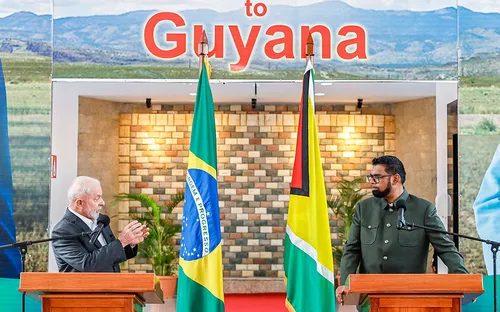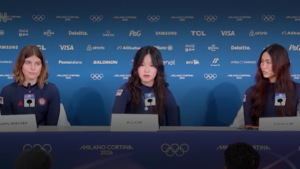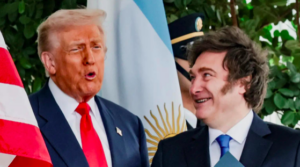
President Luiz Inácio Lula da Silva said this Thursday (29) that South America is a territory of peace and that he will personally thank the Prime Minister of Saint Vincent and the Grenadines, Ralph Gonsalves, for participating in the talks between Venezuela and Guyana in the dispute for Essequibo.
When saying that Brazil wants to play the game of peace in South America, Lula drew a parallel with two other conflicts that are happening in the world. “Everyone knows that Brazil is against the war in Ukraine, against what is happening in Gaza, in the same way that we were against the Hamas terrorist attack and that Brazil does not want litigation with any country in the world. Brazil wants prosperity”, stated the president.
He also said he hopes that the meeting of the Community of Latin American and Caribbean States (Celac) in the coming days will be marked by “peace and love” and not “hate”. Lula will participate in the opening of the summit this Friday and is expected to meet with the president of Venezuela, Nicolás Maduro.
Lula’s speech was made in Georgetown, the capital of Guyana, after a bilateral meeting with the Guyanese president, Irfaan Ali, and also marked one of the main objectives of his administration: regaining leadership in the region. For experts heard by the Brazil in facta fundamental part of this strategy also lies in Brazil’s leading role as mediator of the relationship between the Guyanese and Venezuelan governments.
For UnB International Relations professor Thiago Galvão, Brazil has always had a diplomacy based on pacifism and dialogue, and as it is an important international actor, it tries to bring this to global conflicts.
“Brazil tried to mediate in the war in Ukraine, in the Gaza strip, but the closer it is territorially, the easier it is for the government to exercise this capacity. Brazil will occupy a vacuum of possibilities in these dialogues, as few countries with the weight of Brazil exercise this in the case of Venezuela and Guyana. When Lula goes directly to deal with these issues, he will demonstrate that we are trying to mediate the region’s issues,” he said to Brazil in fact.
According to internationalist and History professor at the Central University of Venezuela, Patrícia Méndez, Lula inspires confidence for Venezuelans and Guyanese to carry out this mediation due to its “objective” character.
“Lula is seen as an objective mediator. Brazil’s balanced stance is what makes this mediation easier. Guyana’s invitation gives Lula tools to play this role of mediator at a high level, executive level, talking to Nicolás Maduro and Irfaan Ali. It is no small feat for the president to assume this intermediation”, he explains.
Professor Galvão states that Brazil has an “institutional memory” that allows objective and peaceful mediation of conflicts and that it is concerned with peace on the continent.
Regional relations and foreign powers
In his speech, the Brazilian reinforced that his trip to Guyana was to resume relations with the countries of South America and the Caribbean which, according to him, were left aside after the impeachment of former president Dilma Rousseff.
According to Méndez, the mediation of the Essequibo issue and the dialogues with the Venezuelan government help with this objective. “The historical proximity of the Venezuelan government to Brazil does not change the game of this mediation. It helps that Brazil maintains the position of preventing the entry of foreign powers and the destabilization of the region,” he said.
Guyana’s growth is one of the reasons for this approach. In 2020, the country recorded a GDP of 5.5 billion. Three years later, the country ended 2023 with a current GDP of US$16.3 billion. The International Monetary Fund (IMF) projection for 2026 is that this value will reach US$27.9 in 1 year. These prospects have grown due to the discovery of oil deposits in the country in recent years. Because of this, one of Brazil’s concerns is the interest of foreign powers in Guyana’s oil.
“Guyana’s growth brings Guyana closer to Brazil and is important for the Caribbean region. Other powers seek participation and influence in the region, but it is good that Lula’s Brazil takes on this leading role,” said Méndez.
The presidents of Brazil and Guyana said that one of the focuses of the conversations was economic and infrastructure partnerships. According to Thiago Galvão, this economic concern helps to consolidate Brazil as the regional leader.
“One of the issues that Lula works on is responsibility towards the countries of the region and within this, removing interference from the United States, which wants oil, from China, which wants to expand its participation in the region’s economies, and from Russia, which has ties history with Venezuela. But also France, the Netherlands, Iberian countries, which also have a history of influence in the Caribbean and northern South America,” he said.
Editing: Lucas Estanislau
Source: www.brasildefato.com.br

